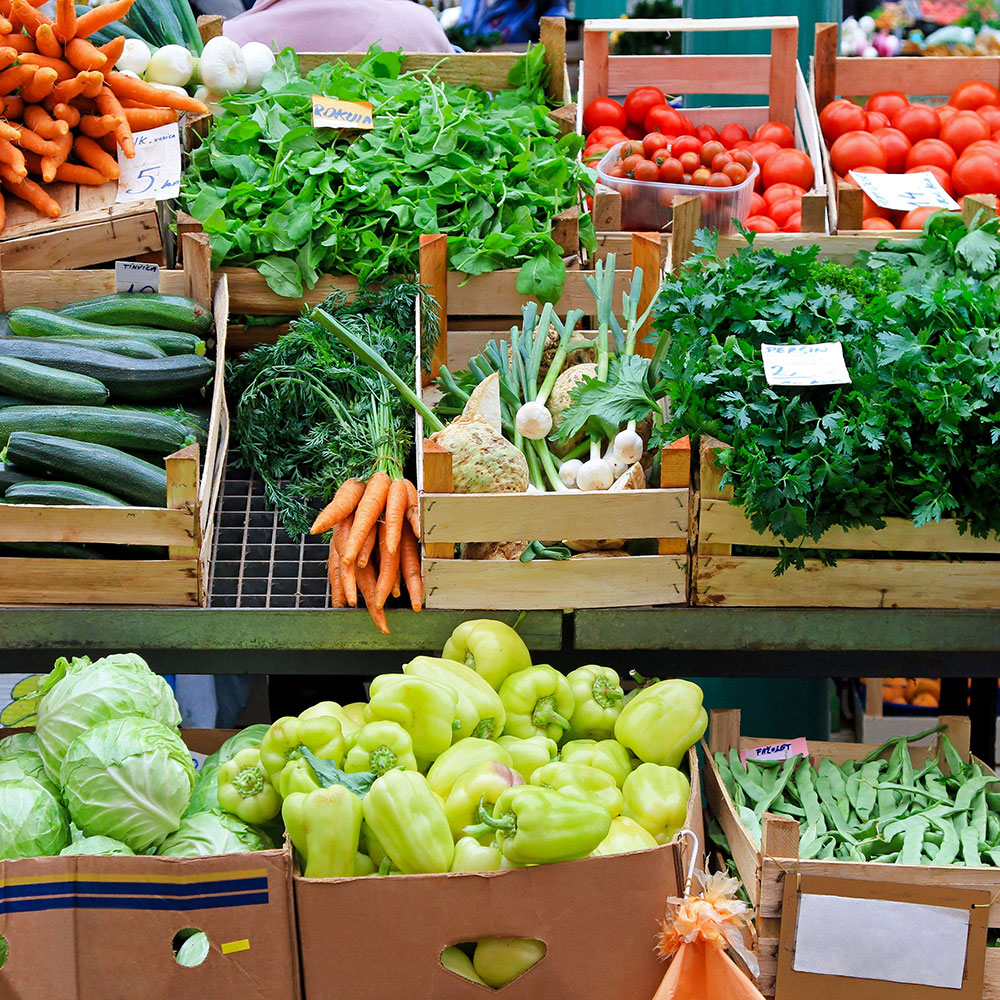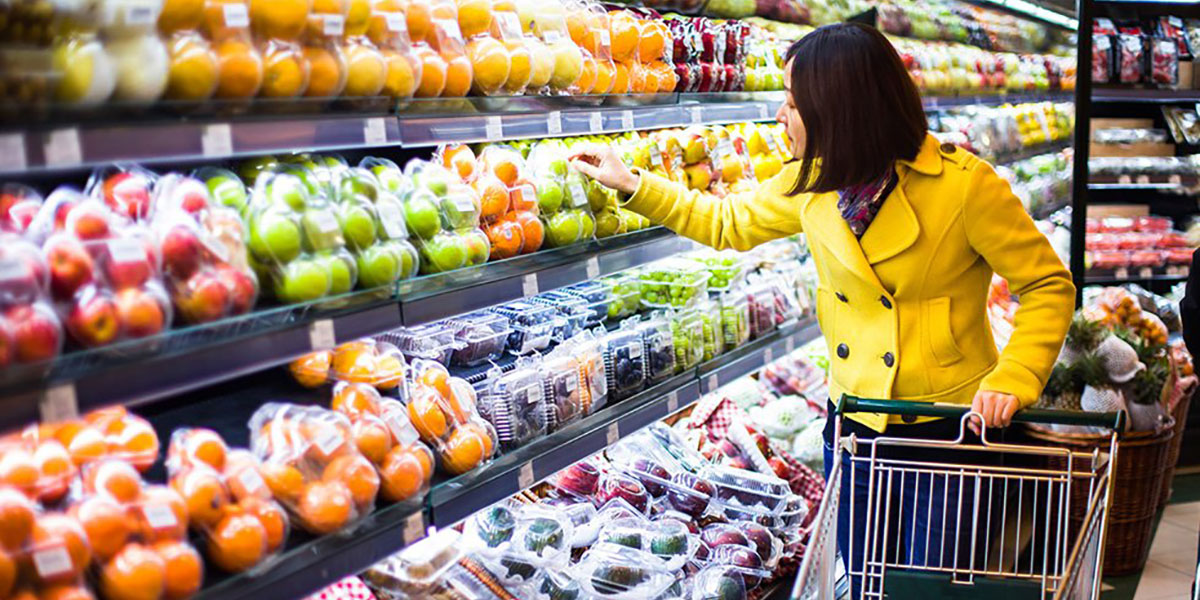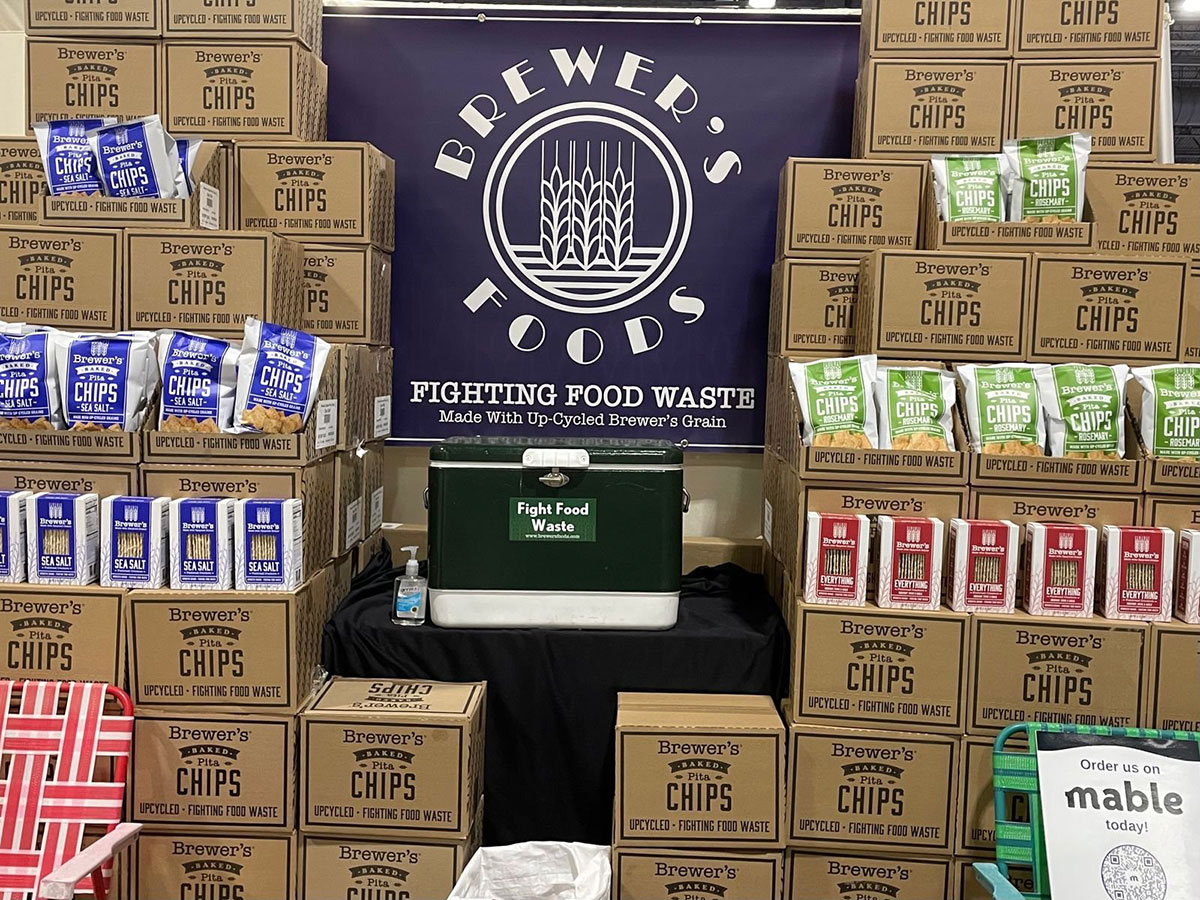Dear Colleagues,
I hope you all had a wonderful and relaxing holiday season with family and friends. A new year always brings new excitement and I was particularly thrilled to learn that both the U.S House and Senate passed the Food Donation Improvement Act. This bill will make it easier for businesses, retailers, farmers and restaurants to redirect their food excess, that would otherwise go to waste, to those who are food insecure by expanding their liability protections.
This legislation passed thanks to the tireless efforts of dedicated nonprofits and food businesses of the Healthy Living Coalition, who lobbied and supported this effort including WeightWatchers, FoodTank, Natural Resources Defense Council, Harvard Food Law and Policy Clinic and many others. This is such an excellent example of how multi-stakeholder collaboration can effectively accelerate policy solutions. It’s a great win for the food system and an excellent way to start 2023. Proud of these amazing teams.
Scroll down to see other headlines that caught my eye this past month, but other worthwhile reads are the case studies by Pacific Coast Collaboration. The PCC brought together leading food businesses to publicly report their food waste data on an annual basis. The first three case studies focus on reducing food waste in grocery retail via improved food donation practices, waste tracking, and enhanced demand planning using AI.
I’m looking forward to more collaborative wins in the food industry throughout the rest of the year. Looking into my crystal ball, here are a few predictions I expect to see in 2023:
- The Patagonia Effect: Thanks to Patagonia’s landmark announcement to make planet Earth its only shareholder, food businesses, retailers, and brands will be expected to become legitimate agents of change for the environment and our food system more than ever.
- Upcycled Nutrition: Food and ingredient upcycling will be viewed not only as a food waste solution, but also as a nutrition solution (capturing more value from fresh fruits and vegetables).
- Label Mania: There will be increased consumer awareness and demand for more accurate product labeling. Consumers are becoming increasingly disillusioned to catch-all categories like “organic,” “non-GMO,” and “natural,” and will be looking for trusted sources of information to help them determine which labels are actually worth paying a premium for.
- New, Niche and Cheap: To offset the additional costs associated with new and niche environmentally-friendly food products, retailers must make better use of loyalty buying programs, in-store end-caps, influencer campaigns, and other omni-channel marketing tools to drive their demand.
- Less is More: Consumers will be pleased with more minimalist menus and restaurant experiences to take a break from decision-fatigue and information overload. This will create a ripe environment for foodservice operators to start employing waste reduction strategies that will be more widely accepted by customers.
What are you predicting to be top trends this year? Email me and let’s discuss.
Looking forward to collaborating with many of you this year.
Best,
Eva
What We’re Reading
‘I Can’t Imagine Who Would Think It’s OK to Take Food Away From Kids’ – The New York Times
For two years, nearly all children in America could get free school meals, regardless of their family’s income. Congress terminated the program this past summer and now, state lawmakers are taking up the fight to make free universal school meals permanent.
Has the COVID-19 pandemic changed household food management and food waste behavior? A natural experiment using propensity score matching – Journal of Environmental Management
This scientific study analyzed the impact of COVID-19 on food waste and food behavior of Australian households, which showed an average of 9% food waste reduction in 2020 as compared to 2019.
Google accelerates the pace for reducing food loss and waste – Food Inspiration Magazine
Q&A with Kathy Cacciola, Global Sustainability for Food at Google, and Michael Kann, Global Culinary Strategy and Development Lead for Food at Google, on how the company aims to cut food waste in half for every employee by 2025.
How fruit and vegetable companies are doing their part to reduce food waste – The Packer
A look at how produce companies are reducing food waste while helping those in need and earn additional revenue.
Grading 2022: A look back at our top trend picks from early this year – Grocery Dive
A review on Grocery Dive’s industry trend predictions for 2022 — and what actually panned out.
How upcycled food companies tackle their biggest challenge – Food Dive
Brands are creating more products using upcycled ingredients, but consumer education around upcycling will be their key to success.
It’s all in the wrapping: The complicated gift of sustainable packaging – The Packer
As consumer demand for more sustainable packaging increases, companies are looking for packaging innovations that are not only sustainable, but also food-safe, shelf-life-preserving and cost-effective.
2022’s most active FoodTech investors and who they’re investing in – FoodHack
A recap on total investment volume and trends in 2022, including a list of the 25 most active food tech investors from the past year.
The Role of Philanthropic Capital in De-risking Regenerative Food Systems – RFSI Forum
Philanthropic capital plays a unique and growing role in funding the regeneration of food systems. In the past five years, there has been more capital flowing to regenerative food systems in general and philanthropic funding follows this trend.
Fight to curb food waste increasingly turns to science – Associated Press
Restaurants, grocers, farmers and food companies are increasingly turning to chemistry and physics to tackle food waste.
Consumers want specific health and wellness benefits in their products in 2023, study finds – Food Dive
According to Tastewise’s 2023 trend report, consumers are looking for specific health and wellness benefits in their F&B products, placing that above sustainability.


